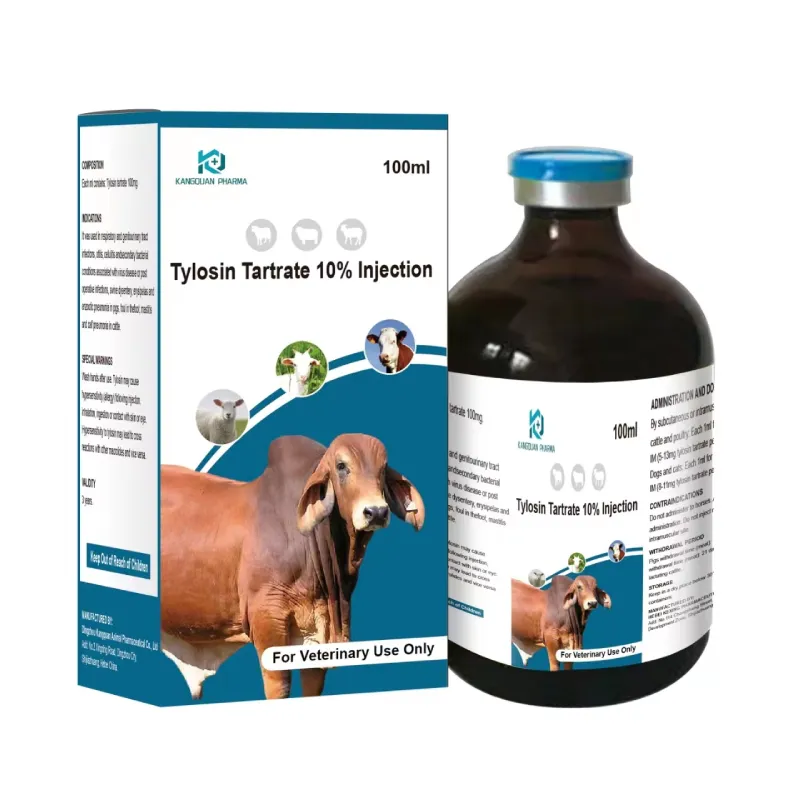- Afrikaans
- Albanian
- Amharic
- Arabic
- Armenian
- Azerbaijani
- Basque
- Belarusian
- Bengali
- Bosnian
- Bulgarian
- Catalan
- Cebuano
- Corsican
- Croatian
- Czech
- Danish
- Dutch
- English
- Esperanto
- Estonian
- Finnish
- French
- Frisian
- Galician
- Georgian
- German
- Greek
- Gujarati
- Haitian Creole
- hausa
- hawaiian
- Hebrew
- Hindi
- Miao
- Hungarian
- Icelandic
- igbo
- Indonesian
- irish
- Italian
- Japanese
- Javanese
- Kannada
- kazakh
- Khmer
- Rwandese
- Korean
- Kurdish
- Kyrgyz
- Lao
- Latin
- Latvian
- Lithuanian
- Luxembourgish
- Macedonian
- Malgashi
- Malay
- Malayalam
- Maltese
- Maori
- Marathi
- Mongolian
- Myanmar
- Nepali
- Norwegian
- Norwegian
- Occitan
- Pashto
- Persian
- Polish
- Portuguese
- Punjabi
- Romanian
- Russian
- Samoan
- Scottish Gaelic
- Serbian
- Sesotho
- Shona
- Sindhi
- Sinhala
- Slovak
- Slovenian
- Somali
- Spanish
- Sundanese
- Swahili
- Swedish
- Tagalog
- Tajik
- Tamil
- Tatar
- Telugu
- Thai
- Turkish
- Turkmen
- Ukrainian
- Urdu
- Uighur
- Uzbek
- Vietnamese
- Welsh
- Bantu
- Yiddish
- Yoruba
- Zulu
10 月 . 12, 2024 09:13 Back to list
paracetamol antipyretic dose
Paracetamol Understanding its Antipyretic Dose
Paracetamol, also known as acetaminophen, is one of the most widely used medications globally, particularly for its antipyretic properties. It is commonly used to reduce fever and alleviate mild to moderate pain. Understanding the appropriate dosage of paracetamol is crucial to ensure its effectiveness while minimizing the risk of side effects.
Mechanism of Action
Paracetamol works primarily in the brain, where it inhibits the cyclooxygenase (COX) enzymes. These enzymes are responsible for the production of prostaglandins, which are chemicals that promote inflammation, pain, and fever. By blocking these enzymes, paracetamol effectively lowers body temperature and provides relief from discomfort.
Recommended Dosage
The dosage of paracetamol can vary based on age, weight, and the severity of the symptoms. For adults, the typical dose ranges from 500 mg to 1000 mg every four to six hours, not exceeding 4000 mg in a 24-hour period. For children, the dosage is often calculated based on their weight, usually around 10-15 mg per kilogram of body weight, administered every four to six hours as needed.
It is essential to adhere to these guidelines to prevent toxicity. Overdose of paracetamol can lead to severe liver damage, which can be life-threatening. Signs of overdose may include nausea, vomiting, loss of appetite, confusion, and jaundice. In case of suspected overdose, immediate medical attention is required.
paracetamol antipyretic dose

Special Considerations
Certain populations may need to consider adjustments to the standard dosage. For example, individuals with pre-existing liver conditions, chronic alcohol users, or those taking other medications that affect liver function should consult healthcare professionals before using paracetamol.
Additionally, while paracetamol is generally safe and well-tolerated, it is important to avoid combining it with other medications containing acetaminophen, as this can inadvertently lead to an overdose.
Efficacy and Safety
Research indicates that paracetamol is effective in reducing fever in both children and adults. Unlike nonsteroidal anti-inflammatory drugs (NSAIDs) such as ibuprofen, paracetamol does not possess anti-inflammatory properties but is still effective for mild to moderate pain relief. Its safety profile makes it a first-line treatment for fever in many clinical situations.
Conclusion
In conclusion, paracetamol is a powerful antipyretic agent widely used for its efficacy in managing fever and pain when used appropriately. Understanding the proper dosage is vital for maximizing its benefits while minimizing risks. As with any medication, consult with a healthcare provider if there are any uncertainties regarding dosage or potential interactions with other medications. By following the recommended guidelines, paracetamol can be effectively utilized to provide comfort during episodes of fever and pain.
-
The Power of Radix Isatidis Extract for Your Health and Wellness
NewsOct.29,2024
-
Neomycin Sulfate Soluble Powder: A Versatile Solution for Pet Health
NewsOct.29,2024
-
Lincomycin Hydrochloride Soluble Powder – The Essential Solution
NewsOct.29,2024
-
Garamycin Gentamicin Sulfate for Effective Infection Control
NewsOct.29,2024
-
Doxycycline Hyclate Soluble Powder: Your Antibiotic Needs
NewsOct.29,2024
-
Tilmicosin Premix: The Ultimate Solution for Poultry Health
NewsOct.29,2024













